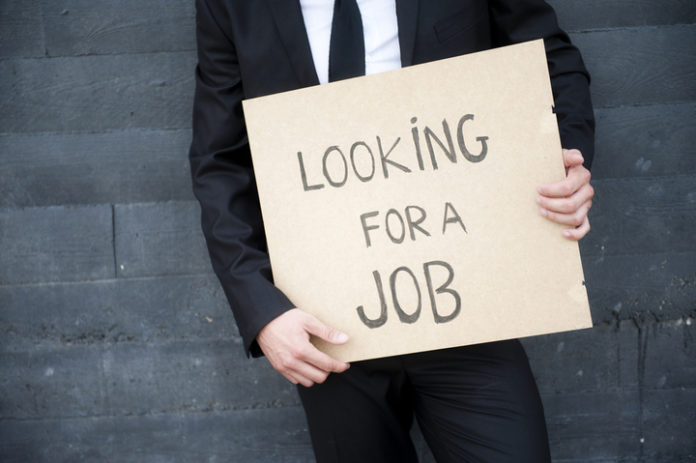The likelihood of drug use during an economic recession is increased by the distress of unemployment, according to a new review.
“In our literature review, we were particularly interested in the mechanisms that explain the relationship between unemployment and illegal drug use,” said lead author Dr. Gera Nagelhout, researcher at the IVO Addiction Research Institute and at the Maastricht University. “We found supportive evidence for one of the mechanisms that we hypothesized. It seems that unemployment increases psychological distress and that distress increases illegal drug use.”
The Netherlandic study emphasized the importance of seeking help for people who are vulnerable to drug use and have lost their jobs. “For these people, it may be important to find psychological support or to find another way to reduce psychological stress, such as sports,” she said.
The researchers reviewed 28 studies from 12 countries that were released between 1990 and 2015. Ten of the studies involved American subjects. In 17 studies, both unemployment and economic downfall lead to an upsurge in illicit drug use. However, in 10 studies, the researchers found that the unemployed participants did not quit using drugs because of lack of funds — they continued to purchase drugs but switched to cheaper alternatives.
“We know that unemployment leads to both lower incomes and more psychological distress,” Nagelhout said. “We hypothesized that lower incomes would lead to less illegal drug use, but that psychological distress would lead to more illegal drug use. In our review, we found no support for the first mechanism.”
She explained that this is “possibly because they switch to cheaper drugs or steal money. But we did find support for the mechanism that unemployment leads to more psychological distress and that this increased stress is associated with more illegal drug use. So it seems that people use drugs to cope with their problems due to unemployment.”
According to the Centers for Disease Control and Prevention, states such as… (continue reading)
















